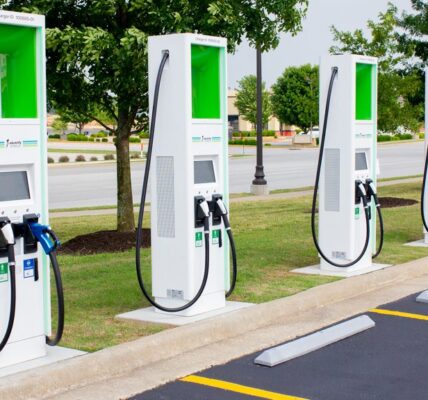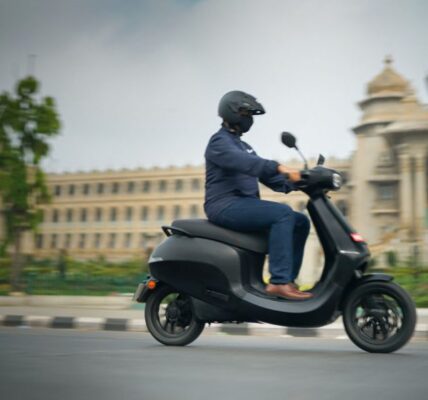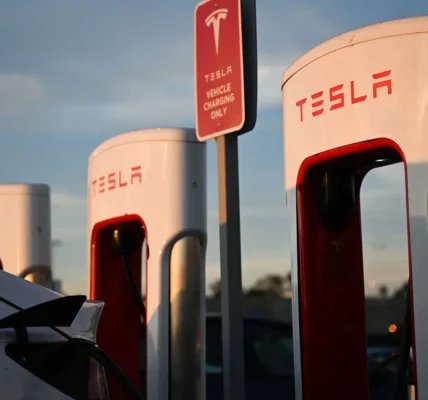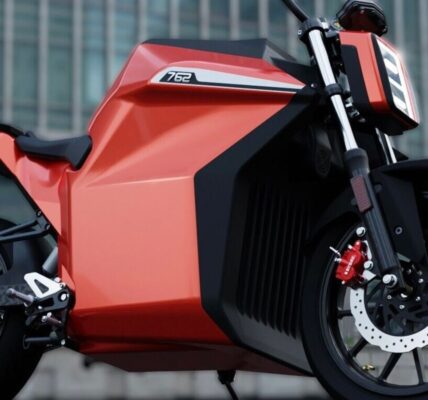BluSmart, an Indian ride-hailing startup that competes with Uber and homegrown rival Ola with its all-electric fleet, is looking to boost its battery charging infrastructure as the South Asian nation currently has limited charging stations but aims to expand its electric vehicle (EV) base.
The Gurugram-based startup has received fresh funding of $25 million from Switzerland-headquartered impact fund ResponsAbility in a mezzanine structure, including partial equity dilution and debt. The purpose of raising this capital — just in a month following a rights issue of $24 million and a few months after another rights issue of $42 million — is to expand the EV charging infrastructure from the current 35 stations, which operate 4,000 chargers in total, to about 95-100 stations in the next few months.
Launched in December 2019, BluSmart currently has a fleet of 6,000 EVs, including around 180 ZS SUVs from MG Motor and the rest of the sedan Tata Tigor cars, which it plans to take to 10,000 later this year. But for that expansion, the startup initially needs to bolster its EV charging infrastructure. The expansion in the charging infrastructure will also help BluSmart generate additional revenues as it looks to open its charging hubs to the public in the future to leverage the country’s plan to electrify 30% of all its four-wheelers by 2030.
“This $25 million should help us expand the charging infrastructure from 35 super hubs we have right now to maybe another 60 charging hubs,” BluSmart co-founder Anmol Jaggi told TechCrunch.
Jaggi co-founded BluSmart along with his brother Puneet Jaggi and another co-founder, Punit Goyal, in 2019 to take on the duopoly of Uber and SoftBank-backed Ola. It began operating shortly before the global COVID-19 lockdown, severely affecting businesses worldwide and devastatingly impacting ride-hailing services. The startup gained public attention following the ease of the initial lockdown for offering a premium service — months after launching its all-EV fleet in Delhi-NCR. In 2022, BluSmart expanded to Bengaluru and introduced intercity rides from Delhi-NCR within a 62-mile range to cities including Chandigarh and Jaipur.
Unlike Uber and Ola, which both offer on-demand cabs in India, BluSmart provides electric vehicle (EV) rides only with scheduling in advance. While this is a significant departure from the norm, BluSmart has no plans to change this model as it requires many more EVs in its fleet to enable the on-demand service.
Nonetheless, the distinct model, which requires effort from riders to schedule and wait for their cabs to come, has drawn some adoption.
Between 2022 and 2023, BluSmart, which raised a total of $200 million in equity and debt to date and separately received EV asset financing of $200 million, saw its gross merchandise value grow by over 600% to about $20 million from $2.76 million. The startup also saw over 100% growth in monthly active users to 245,000 in December from 120,000 in January last year. It counts BP Ventures, Mayfield India Fund, Green Frontier Capital and Survam Partners among its early backers.
In November, BluSmart introduced a loyalty program called BluElite to offer value additions, such as additional waiting time and recurring rides, to riders for paying a subscription of $6 a month or $31 a year. It garnered between 2,000-3,000 subscribers in two months after launch and is contributing to the startup’s bottom line.
However, BluSmart is facing the heat due to the ongoing market slowdown and its asset-heavy business model. In 2019, the four-year-old startup announced its plans to raise $250 million in a new round. But that did not work out. It also lost the initial shine of being an EV ride-hailing platform, as Uber partially started onboarding electric cabs in India to support the government’s objective of going electric.
Recently, BluSmart introduced its crowdfunding initiative called BluSmart Assure and “rush-hour” pricing, similar to Uber’s surge pricing during rush hours, despite promising that it would never introduce surge pricing on its platform. These moves even attracted criticism for the platform.
In a wide-ranging interview with TechCrunch, Anmol Jaggi and BluSmart chief business officer Tushar Garg, who has also become the CEO of BluSmart’s charging business BluCharge, talked about how they are planning to go with the fresh capital and looking at the challenges on their journey.








